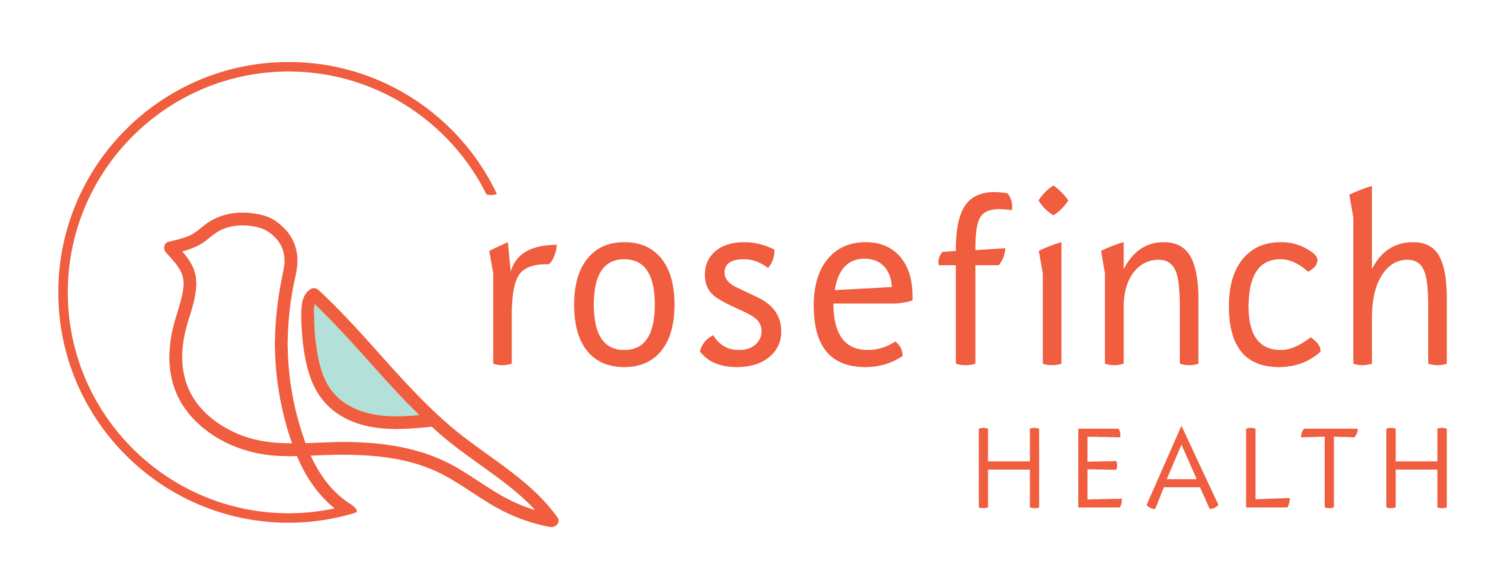Poor sperm quality may increase pregnancy risks
To become pregnant, a single sperm must fertilize an egg to create an embryo that will implant in a lush womb. This biological process presents many opportunities for things to go awry, making the discovery of pregnancy even more awe-inspiring. When it doesn’t, we often focus on the eggs and womb. However, training our attention on both partners to improve preconception health can have a lasting impact on their family, the pregnancy, delivery, and, ultimately, their child.
Sperm health is important
Sperm health has been previously implicated in poor maternal health outcomes. For those struggling to conceive who pursue in vitro fertilization (IVF), the risk of preeclampsia and preterm birth is already higher in IVF pregnancies. These risks are also impacted by men and people with sperm who are older or are larger-bodied, as their sperm samples are more likely to have increased DNA fragmentation. Elevated DNA fragmentation is estimated to be present in one-quarter of all men and people with sperm. It is associated with decreased pregnancy rates, disrupted embryo development, and increased chance of miscarriage. New evidence suggests that sperm health is just as important as the egg and uterine lining when looking at IVF pregnancy adverse outcomes like pre-eclampsia and pre-term birth.
A study just released in Fertility and Sterility followed 1,594 Swedish couples who underwent IVF with or without Intra-cytoplasmic Injection (ICSI) and became pregnant and delivered a child. The researchers looked at the DNA Fragmentation Index (DFI) of sperm using the Sperm Chromatin Structure Analysis to determine if there was an association with the incidence of preeclampsia, preterm birth, low birth weight, low Apgar score, and small for gestational age. Previous studies had conflicting results on these outcomes.[1]
What did they find in this study?
They categorized couples based on DFI of less than 20% (<20%) and 20% or more (≥20%). There were 1,222 couples with DFI of <20% who had 1,268 children, and 372 couples with ≥20% DFI who delivered 392 children. This is important because the 15-25% DFI is considered Good to Fair.
When looking specifically at preeclampsia, the folks with ≥20% DFI were associated with nearly a two-fold increase in developing preeclampsia during pregnancy resulting from IVF without ICSI. They also found that for every 10% increase in DFI, there was also an associated increase in the risk of preeclampsia. They did not find an increased risk of preeclampsia with pregnancies conceived with IVF-ICSI and a ≥20% DFI.
People who became pregnant with IVF where the partner had ≥20% DNA Fragmentation index were associated with a 40% increase in the risk of preterm birth regardless of whether they had ICSI. There was no difference in low birth weight, small for gestational age, or low Apgar score.
What causes DNA Fragmentation?
With one-quarter of all men and people with sperm estimated to have elevated DNA Fragmentation, it is important to mitigate the multiple causes. As noted above, aging and body mass can increase DFI. But we also see the following affecting DFI:
-smoking
-diabetes or other metabolic disorders
-previous genitourinary infections
-environmental exposure to plastics and phthalates
-elevated temperatures
-radiation
-certain medications like chemotherapeutic agents
-varicocele
-longer time between ejaculations (>5-7days)
-anything that increases oxidative stress
While the DNA Fragmentation Index suggests that 15% to 25% fragmentation is good to fair, the study above suggests we should consider reducing oxidative stress in all couples and optimizing sperm health.
How can Chinese medicine help sperm health?
Chinese medicine can be applied in multiple ways to support sperm health and birth outcomes. We assess based on Chinese medicine diagnostic principles and Western sperm analysis tests to formulate a treatment tailored to the individual’s needs. Treatments and education to support sperm count and quality include:
-acupuncture, electroacupuncture, and transcutaneous electroacupuncture stimulation can inhibit oxidative stress and increase blood flow to the testicles, among other actions (Front Endocrinol. 2022; 13:1009537)
-photobiomodulation therapy in the form of low-level laser therapy to reduce the impact of oxidative stress (Lasers Med Sci. 2020; 35(8):1671-80)
-individualized Chinese herbal medicine therapy (Int Rev Neruobiol. 2017; 135:297-311)
-high-quality nutrition and improved digestion, including regulated bowel movements
-reduce and eliminate environmental toxins
-lifestyle modifications to augment sperm health, including sleep hygiene, movement, breathing exercises
-tailored nutritional supplements based on patient needs, often including antioxidant therapy
Chinese medicine enhances reproductive function by addressing the underlying causes of DNA Fragmentation. A thorough investigation of the whole body system, including body functions that might not seem relevant to reproduction, like sleep, digestion, and respiration, is essential to understanding where and how to target therapies. Treatment will take about 3-4 months, as a full spermatogenesis cycle takes approximately 75 days.
When we consider the health outcomes of the entire family, it makes sense to prepare for pregnancy by optimizing sperm health and supporting women and people with ovaries. Have questions? Contact us or make an appointment to maximize your health, reduce DNA Fragmentation, and increase sperm counts and quality.
Footnote
[1] One smaller study with 131 pregnancies did not find a relationship between elevated DNA Fragmentation and preterm birth. Another study showed a slight trend toward more preeclampsia cases in pregnancies resulting from IVF-ICSI with elevated DNA fragmentation, but it was not significant. Yet another study showed no association between DNA fragmentation and preterm birth or low birth weight in pregnancies resulting from IVF-ICSI.


